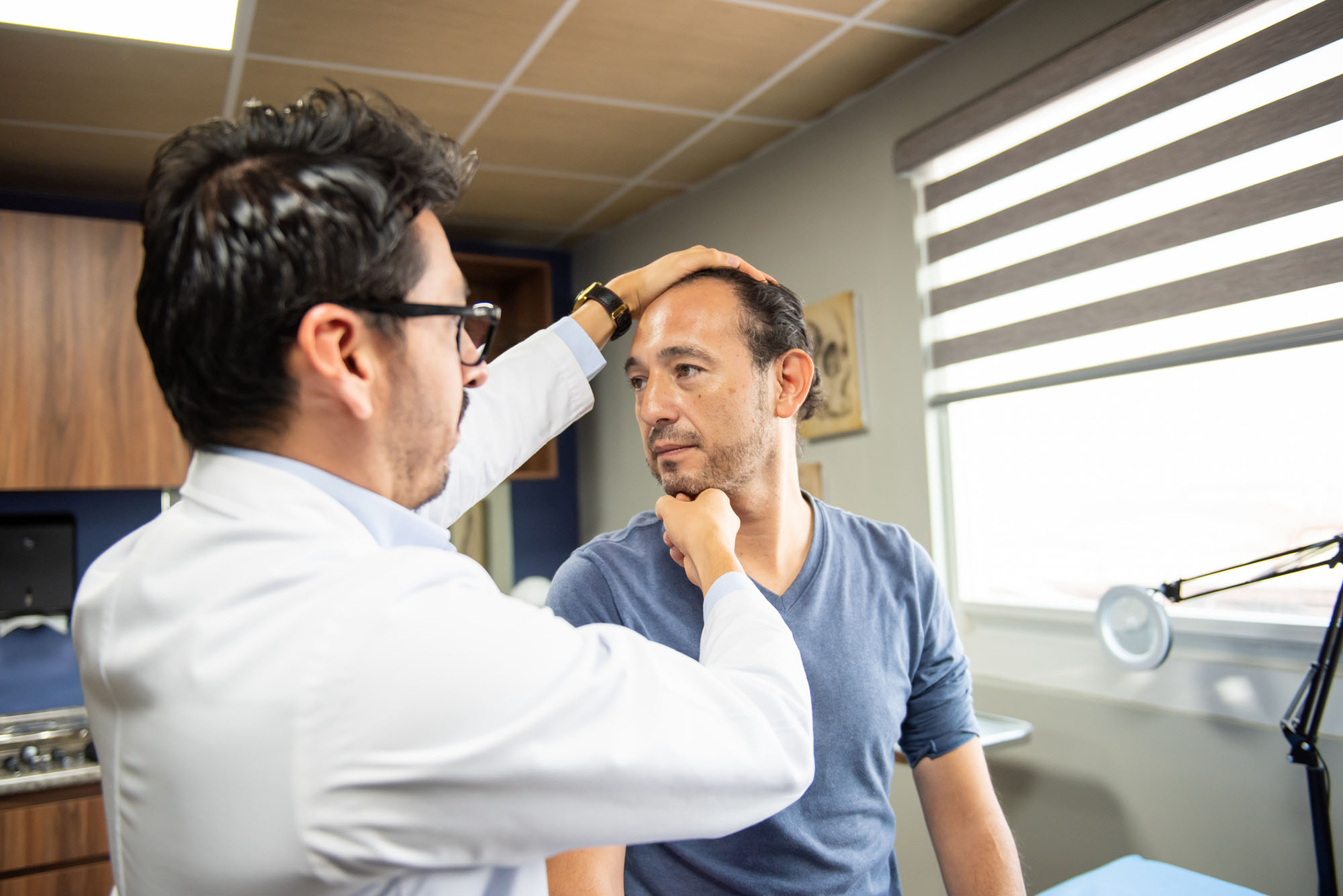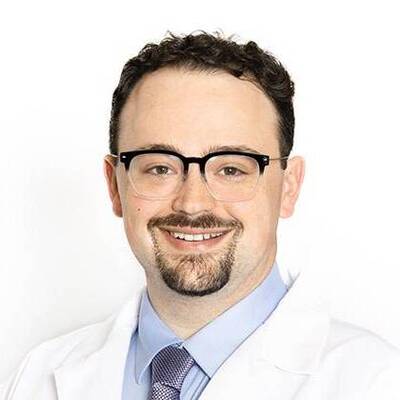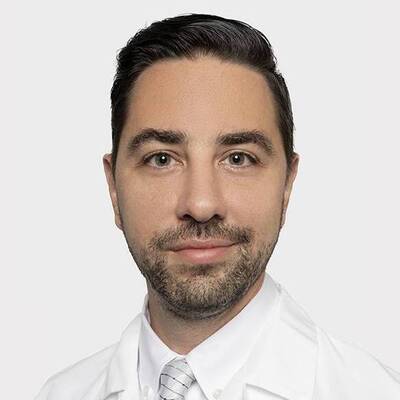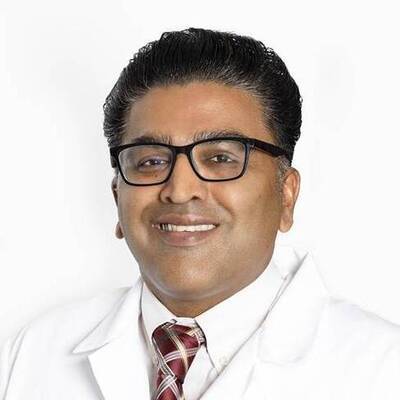Like a heart attack, a stroke is a “brain attack,” occurring when blood flow to part of the brain suddenly stops. Important: If you or someone with you experiences symptoms of a stroke, immediately call 911. Because stroke affects the brain quickly, fast treatment plays a key role in protecting your health.
You may have risk factors for a stroke that you are not aware of. Learn about the risk factors and steps you can take to prevent this condition. Prevention is key, but so is knowing what to do if you’re having a stroke.
At the WMCHealth Comprehensive Stroke Center, we know every second counts when you’re having a stroke. That’s why we have a team of neurological doctors who can provide you with life-saving stroke care quickly, 24/7. As the only certified Comprehensive Stroke Center in the region, our expert stroke physicians are committed to a shared goal of minimizing brain damage and long-term disability.
What Is a Stroke?
A stroke is a life-threatening condition that happens when part of the brain does not have enough blood flow. This can occur from a blocked artery or a blood vessel bursting (a bleed). Without steady blood flow, brain cells start to die from a lack of oxygen. This can cause permanent brain damage, long-term disability, or even death.
The two types of stroke may affect what treatment you need.
- Ischemic stroke happens when an obstruction, such as a clot, blocks blood vessels in your brain.
- Hemorrhagic stroke happens when a blood vessel in the brain leaks or ruptures, like a brain aneurysm or brain AVM (arteriovenous malformation).
There is also a stroke-related condition called transient ischemic attack (TIA) also known as a “mini stroke.” This happens when blood flow to the brain is blocked for a limited time (usually a few minutes to an hour). If you experience a TIA, it is a warning sign of a future stroke and should not be ignored.
Symptoms of a Stroke
Stroke symptoms can include one or more of the following. If you or someone with you experiences symptoms of a stroke, immediately call 911.
- Headache, especially if sudden or severe, or accompanied by nausea and vomiting
- Balance and coordination issues, like trouble walking
- Vision problems, including blurred or blackened vision in one or both eyes
- Numbness, weakness, or paralysis in your face, arm, or leg
- Trouble speaking or understanding what others are saying
The blood clots that cause ischemic strokes can happen because of conditions like an irregular heart rhythm or heart defects. Hemorrhagic strokes can happen due to high blood pressure or a brain aneurysm. It’s important to work with your doctor if you have underlying conditions that might cause a stroke, so you can take steps to prevent one.
Thrombectomy Now at MidHudson Regional Hospital
Stroke care is all about time. Every minute saved can protect millions of brain cells. That’s why WMCHealth expanded advanced stroke treatment to MidHudson Regional Hospital in Poughkeepsie, including the ability to perform lifesaving thrombectomy procedures. By reducing transport times and delivering the highest level of stroke care closer to home, we’re helping patients in the Hudson Valley get faster treatment and better outcomes.
Stroke Risk Factors
There are many conditions that may increase your risk for stroke, including:
- Obesity
- High blood pressure
- Alcohol use disorder
- Physical inactivity
- Smoking
- Cardiovascular disease
- Diabetes
- Sleep apnea
- Drug misuse (including prescription and non-prescription drugs)
If you have some of these underlying factors, talk to your doctor about how to help minimize them to prevent your risk for a stroke.

Know the Signs of a Stroke
You can recognize the signs of a stroke in someone with you, if you remember to BE FAST:
- B: Balance. Do they have a sudden loss of balance, preventing them from sitting upright or walking in a straight line?
- E: Eyes. Are they experiencing blurry, double, or loss of vision?
- F: Face drooping. Can they smile without one or both sides of their face drooping?
- A: Arm weakness or numbness. When they raise both arms, does one arm stay lower than the other?
- S: Speech. Are they slurring their speech or having trouble choosing the right words?
- T: Time to call 911. If they show any of the symptoms above, call 911 immediately.
Diagnosing a Stroke
If you are having a stroke, you will likely arrive at the WMCHealth Comprehensive Stroke Center by way of emergency services. When they notify us that you’re on your way, our stroke response team of emergency medical technicians (EMTs), triage nurses, and neurologists steps right into action. We perform a rapid assessment of your stroke, followed by rapid action for treatment that keeps damage minimal.
The following tests and exams for stroke help us to determine the most appropriate treatment for you:
- CT scan, which can show bleeding in your brain or damage to your brain cells
- Blood tests, which check how quickly your blood clots
- Neurological exam, which can assess your mental awareness, balance and coordination, sensory skills (smell, touch, vision, and hearing), and motor skills (muscle movement)
- EKG, which can rule out any heart conditions as the underlying cause of your stroke
- MRI, which can show how well your blood is flowing
Treatment for Stroke
Stroke treatment depends on the type of stroke. Your doctor will explain the type of stroke and the treatment options to provide you with the best chance at recovery.
- Ischemic: With an ischemic stroke, the primary goal is to restore blood flow to your brain. This may be accomplished with thrombolytics (a medication) or a catheterization procedure to remove a clot.
- Hemorrhagic: With a hemorrhagic stroke, the primary goal is to reduce bleeding and alleviate pressure in your brain. Reducing blood pressure or improving blood clotting may be your treatment plan. You may also need endovascular surgery to promote blood clotting and decrease your risk of rupturing a blood vessel.
Why Choose WMCHealth
Using advanced rapid diagnostic technology, such as tele-stroke, WMCHealth extends our expertise to distant sites miles away. Upon arrival at one of our sites, our RAPID CT perfusion technology allows us to quickly identify patients who are beyond the conventional therapeutic windows for neuro-interventions. WMCHealth is the first site in the country to utilize the FDA approved robotic transcranial doppler monitor for patients with subarachnoid hemorrhage.
National Recognition
All four of Westchester Medical Center Health Network stroke centers received the American Heart Association/American Stroke Association’s Gold Plus Quality Achievement Award in 2024 and 2025. This national recognition shows that our teams follow the most advanced, evidence-based guidelines for stroke treatment. This means you get high-quality care that helps you heal as safely as possible.
Stroke Recovery Care
At WMCHealth, we can help you recover from any damage caused by your stroke or TIA. Our Stroke Rehabilitation Program uses advanced technologies, like virtual reality and wearable technology, to help you relearn balance and walking skills. We also provide speech and language therapy, as well as occupational therapy in your recovery program.
WMCHealth also provides a virtual monthly support group for stroke survivors. You can connect with other survivors and share resources. Additionally, our stroke experts will share nutrition and physical therapy recommendations. Our goal is to help you make medical and lifestyle changes that can reduce your risk of another stroke.
Resources
We offer community outreach and education for a variety of audiences, from fellow clinical providers and emergency medical service (EMS) technicians to the general public. To request stroke education for your community or event, please contact [email protected].
Learn about our Clinical Research Program
Simply Good: A cookbook for stroke survivors and their families
Hear from Our Experts
Listen
Stroke doesn’t wait — and neither should you. Tune in for a lifesaving conversation with stroke experts from Bon Secours Charity Health System, Mill Etienne, MD, Stroke Medical Director and Adam M. Karp, MD, Vascular Neurologist. You’ll learn how to spot the signs of stroke, take fast action, and why every second counts.





















